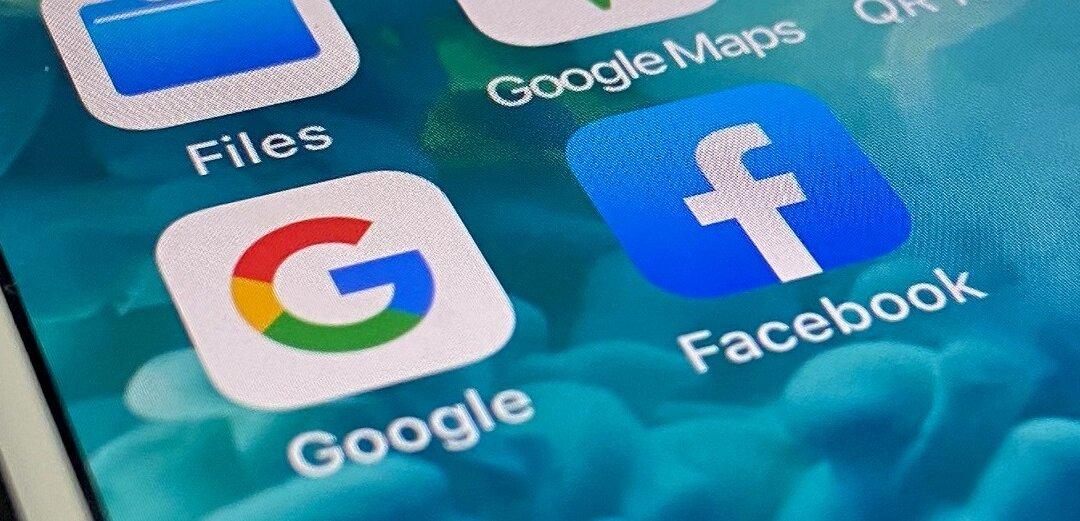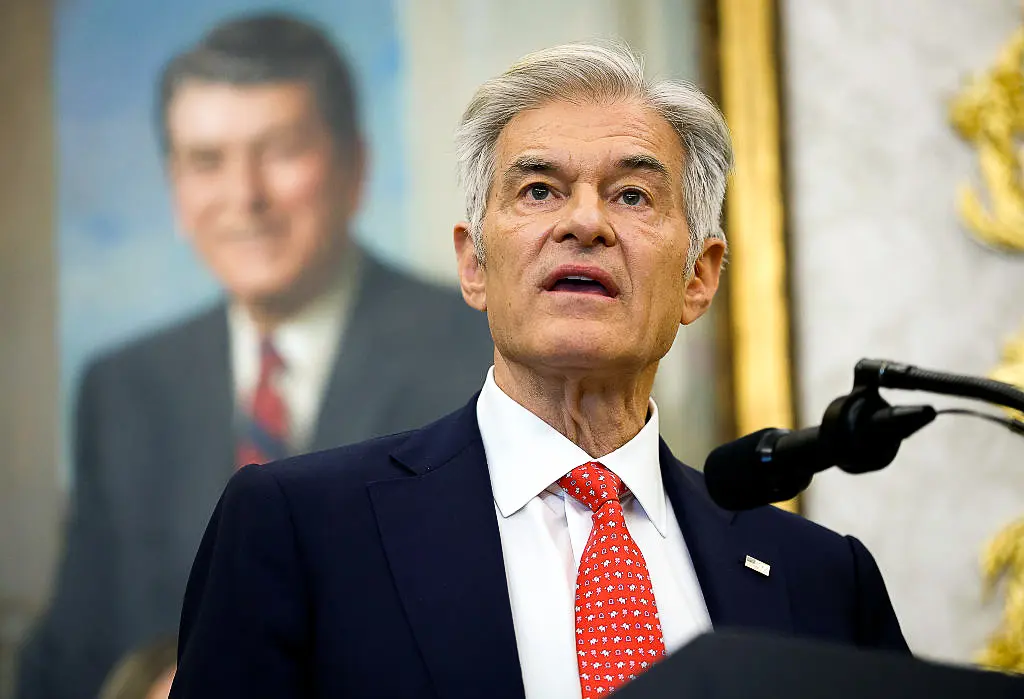Google on Friday said it may make its search engine unavailable in Australia if the government carries out a plan for search engines to pay for news content.
“If this version of the code were to become law, it would give us no real choice but to stop making Google search available in Australia,” Mel Silva, Google’s managing director for the region, told Australian senators. “And that would be a bad outcome not only for us, but also for the Australian people, media diversity, and the small businesses who use our products every day.”





